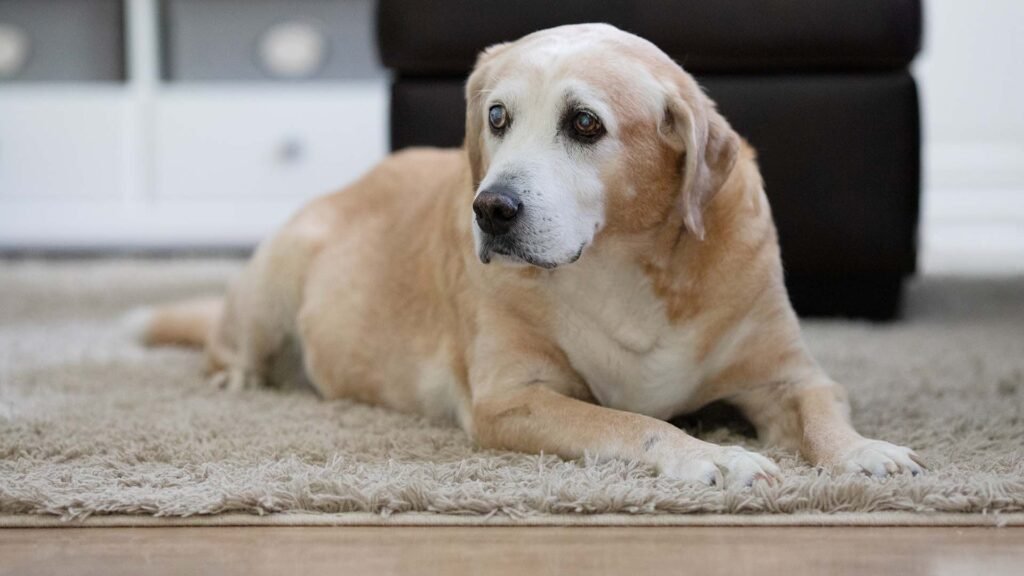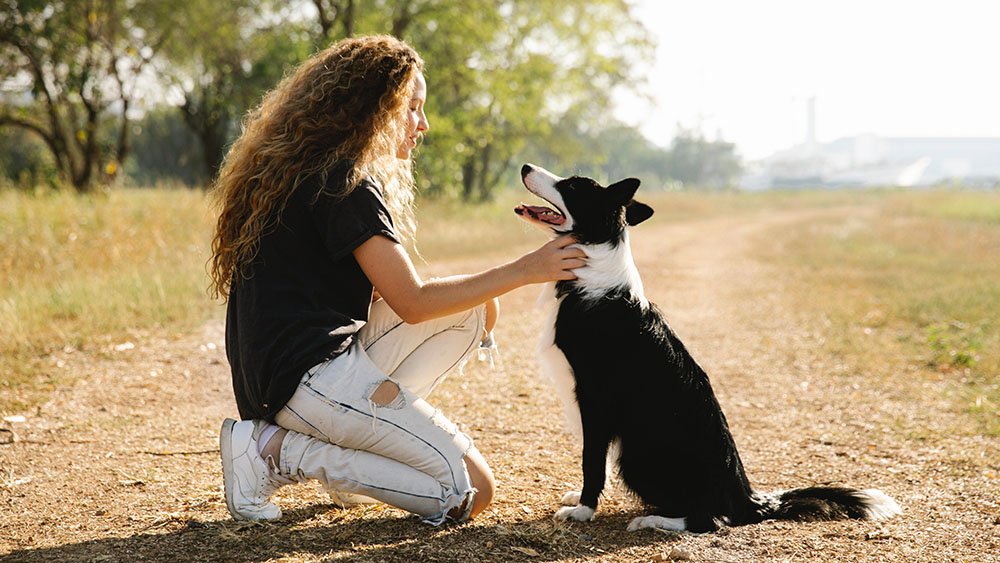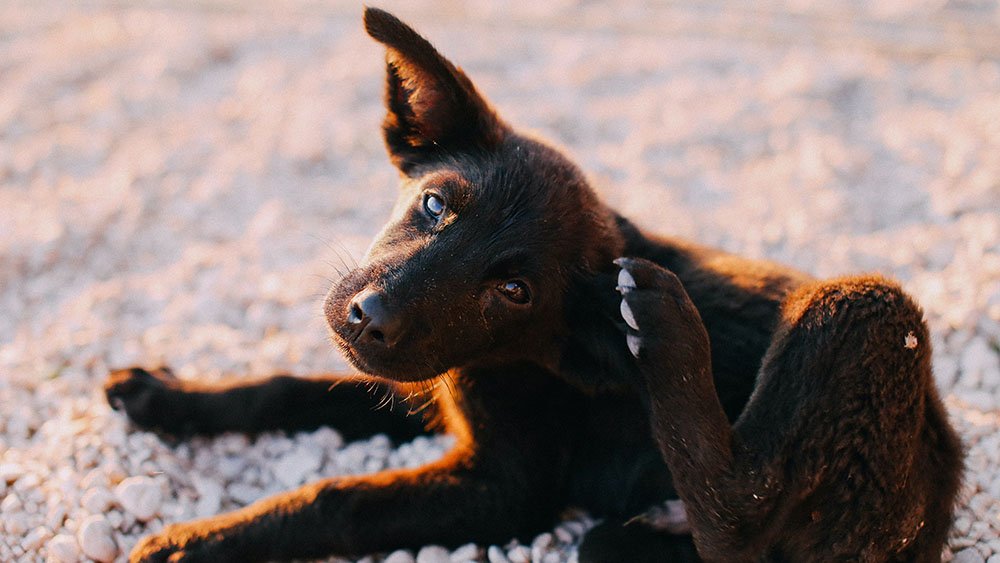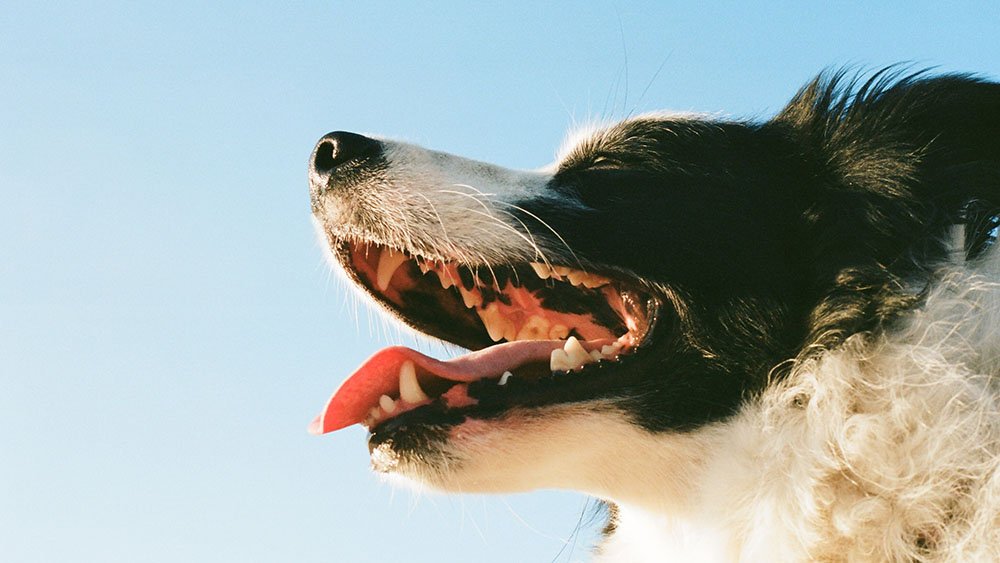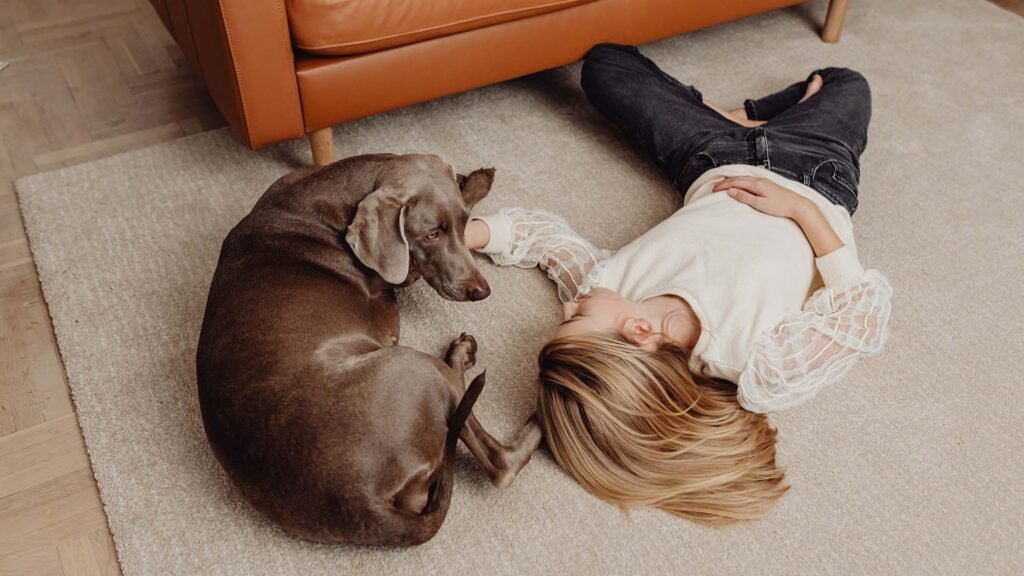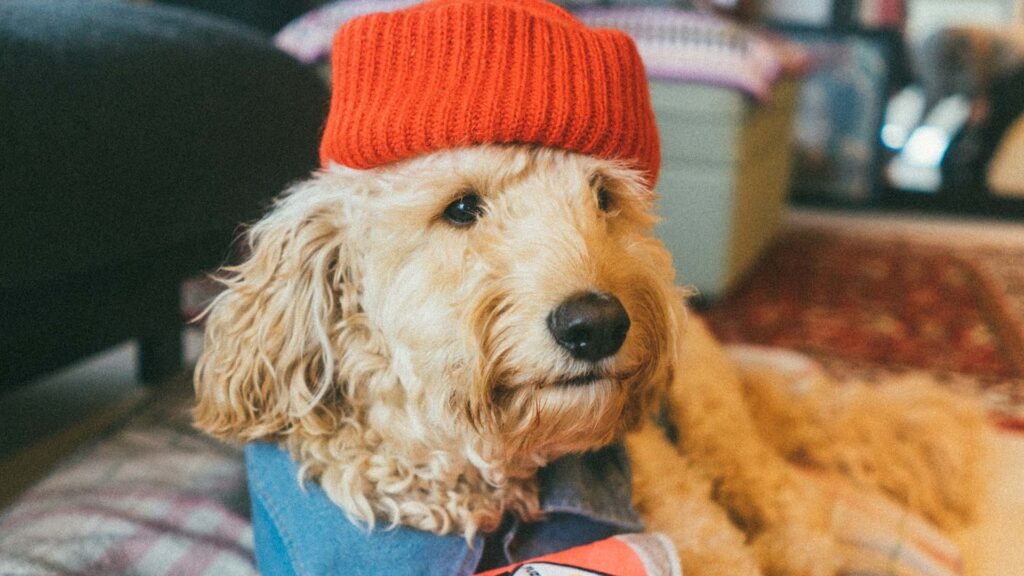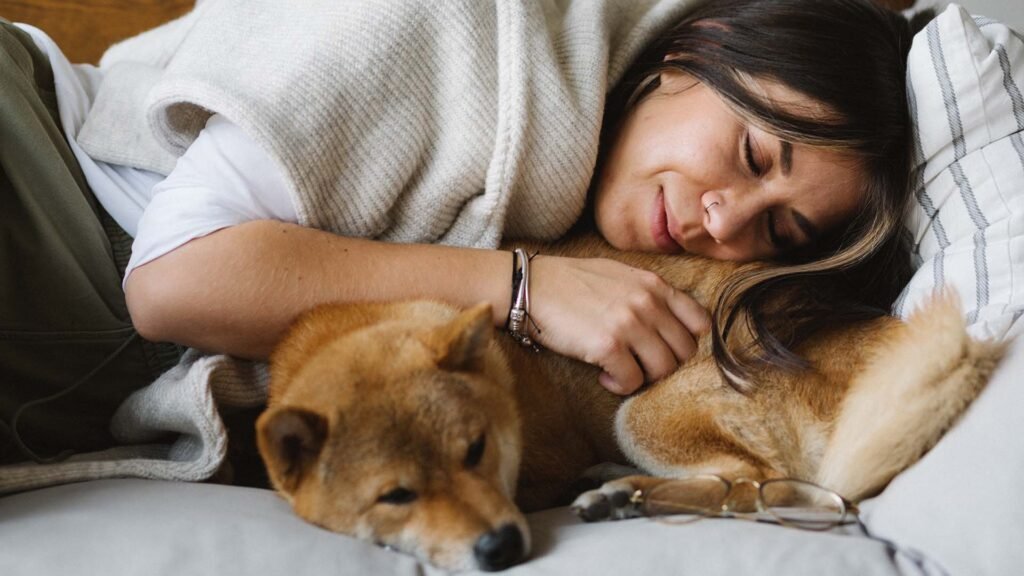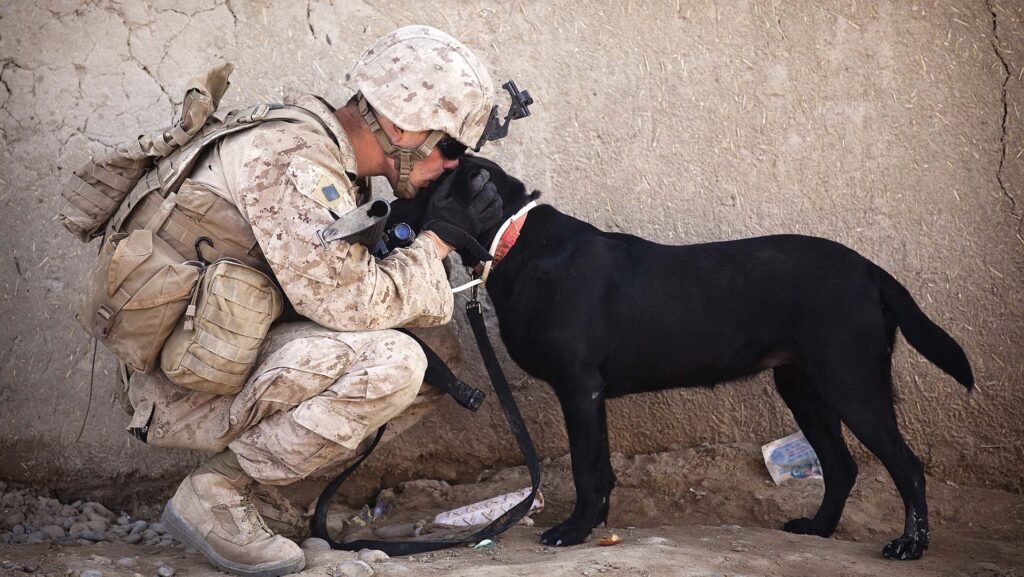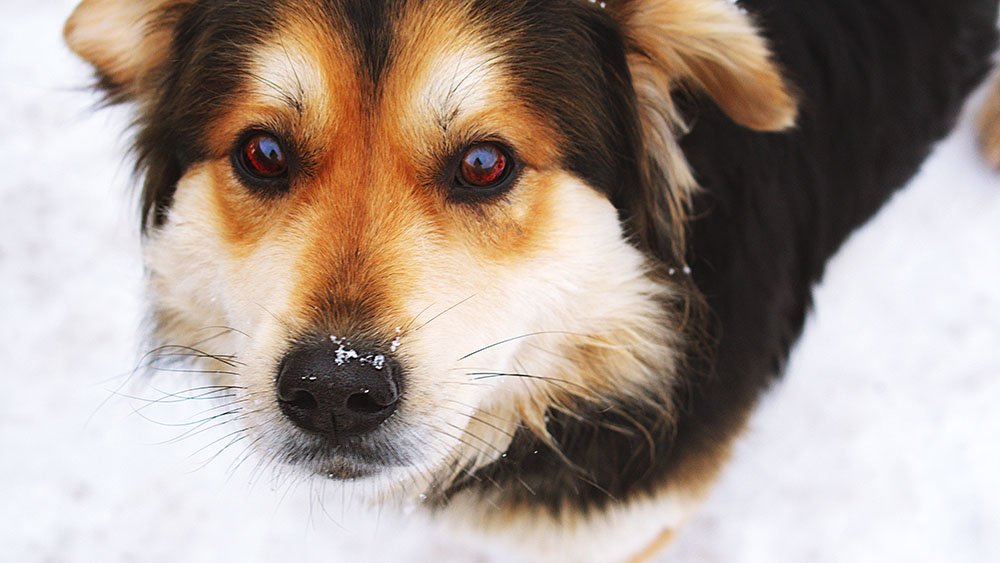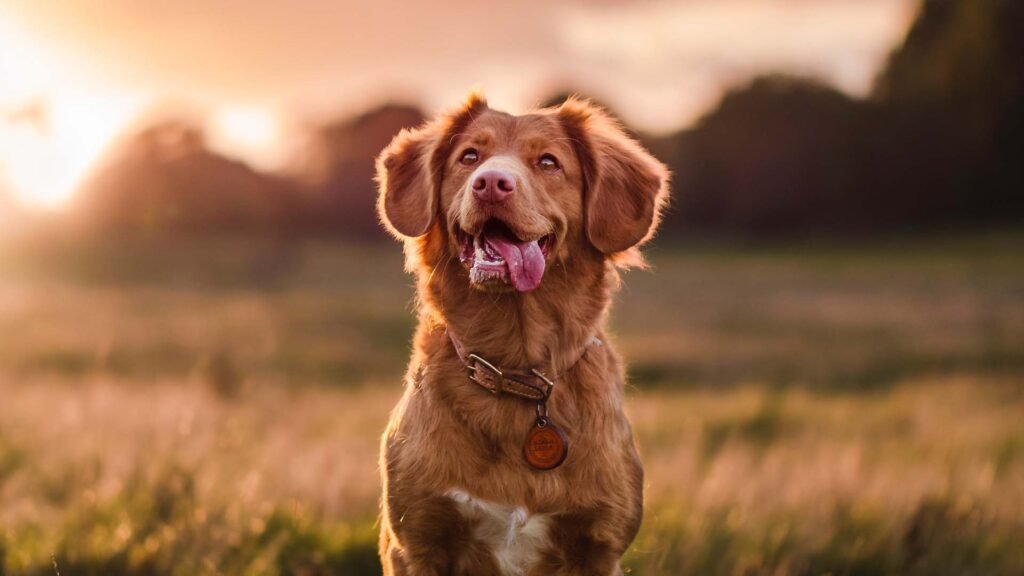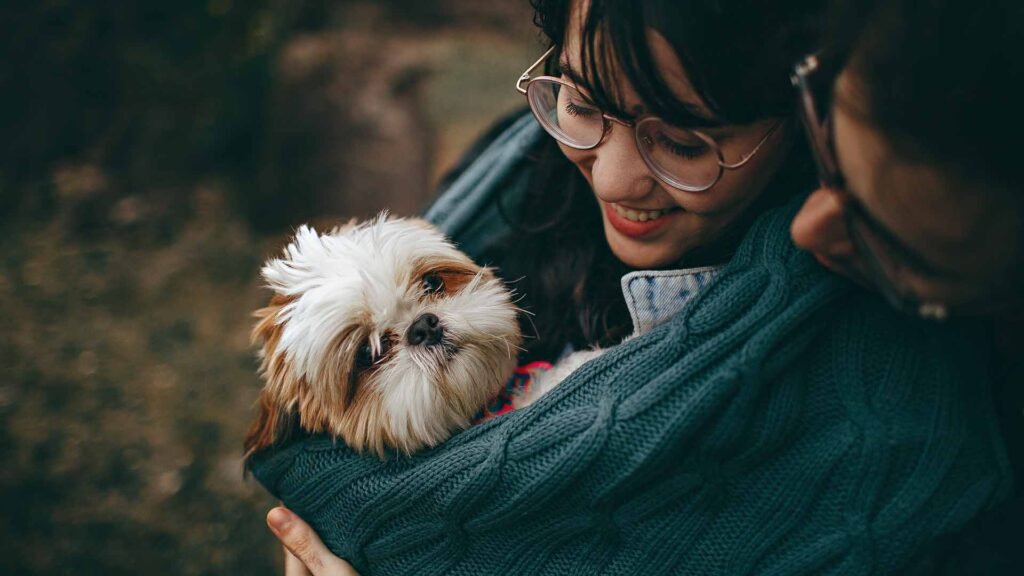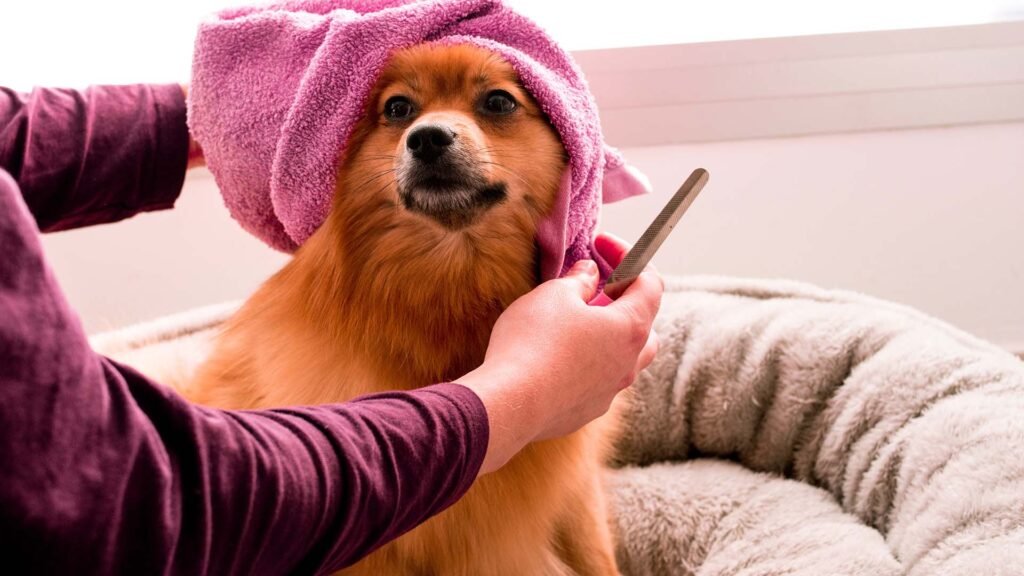
As people age, they often require more care and attention. The same is true for senior dogs. They may not be as active as they used to be and may need help with things like going up and down stairs, getting in and out of the car, and even eating and drinking. Here are some tips on how to properly care for a senior dog.
Proper Nutrition For Senior Dogs
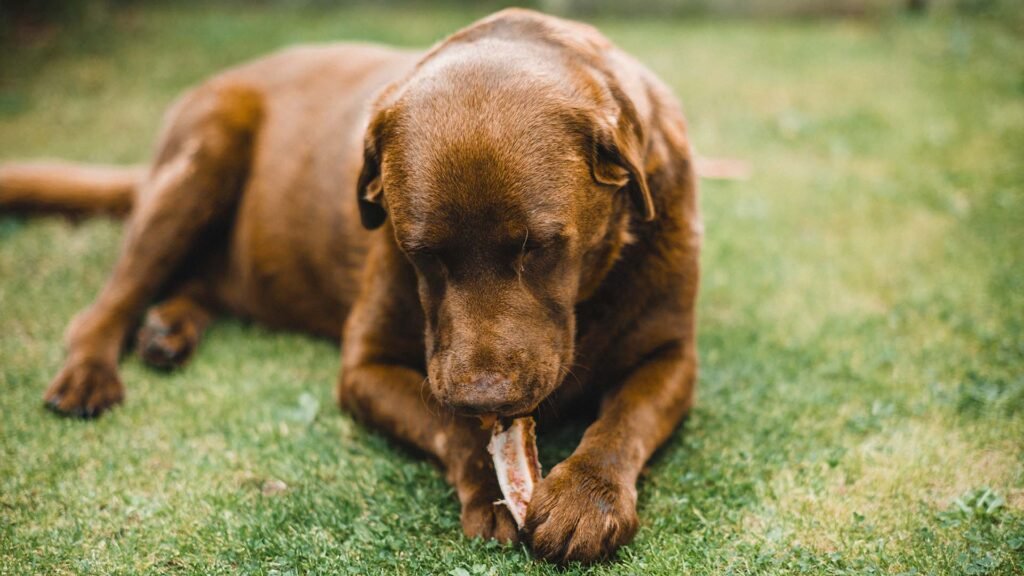
A dog is considered a senior when he or she reaches the age of 7. At this point in their lives, they will start to experience changes in their energy levels, vision, and overall health. It is important to adjust their diet accordingly to ensure they are getting the proper nutrition for their age.
There are a few things to keep in mind when it comes to feeding a senior dog. They will need fewer calories than when they were younger, but the quality of those calories is important. Their diet should be high in protein and fat to help them maintain their muscle mass and weight. Older dogs are also more prone to dehydration, so make sure they have access to fresh water at all times. It is important to remember that not all dogs will follow the same diet schedule. While most senior dogs should eat about 1,000 calories per day, your dog might need more or less depending on their size and activity level. Ultimately, the best way to know if your senior dog is getting the proper nutrition is to consult with your veterinarian.
Exercise For Senior Dogs

Exercise is one of the most important things you can do for your senior dog. Just like people, as dogs age they can become less active and even obese. Obesity can lead to a host of health problems, including diabetes, arthritis, and heart disease.
You don’t have to run a marathon with your senior dog, but regular moderate exercise will help keep them healthy and fit. A daily walk around the block or a game of fetch in the park are great ways to get them moving. If your dog is already overweight, talk to your vet about an appropriate weight loss plan that includes exercise.
As our dogs age, their routines and activities need changes. They may require different types or amounts of food, more frequent trips to the vet, and different types of exercise. Just as we need to adapt our own workout routine as we age, we also need to make sure our senior dogs are getting the right type of exercise.
While all exercise is good for our dogs, senior dogs may not be able to handle the same level of activity as when they were younger. It’s important to start slow and build up gradually. Start with a short walk around the block and see how your dog does. If they seem tired or sore afterward, cut back on the distance or frequency of walks. You can also try other types of low-impact exercises like swimming or gentle fetch games.
Health Concerns For Senior Dogs

As dogs age, they may become more susceptible to health problems. Some common health concerns for senior dogs include arthritis, kidney disease, cancer, and heart disease.
Arthritis is a common condition that can cause pain and stiffness in the joints. It is important to keep your senior dog active and to provide them with joint supplements or pain medication as needed.
Kidney disease is another common health concern in older dogs. Kidney disease can cause increased thirst and urination, weight loss, and lethargy. If you think your dog may have kidney disease, it is important to take them to the vet for testing and treatment.
Cancer is also a concern for older dogs. Signs of cancer in dogs include weight loss, lethargy, abnormal lumps or swellings, and changes in appetite or behavior.
Managing Medications For Senior Dogs
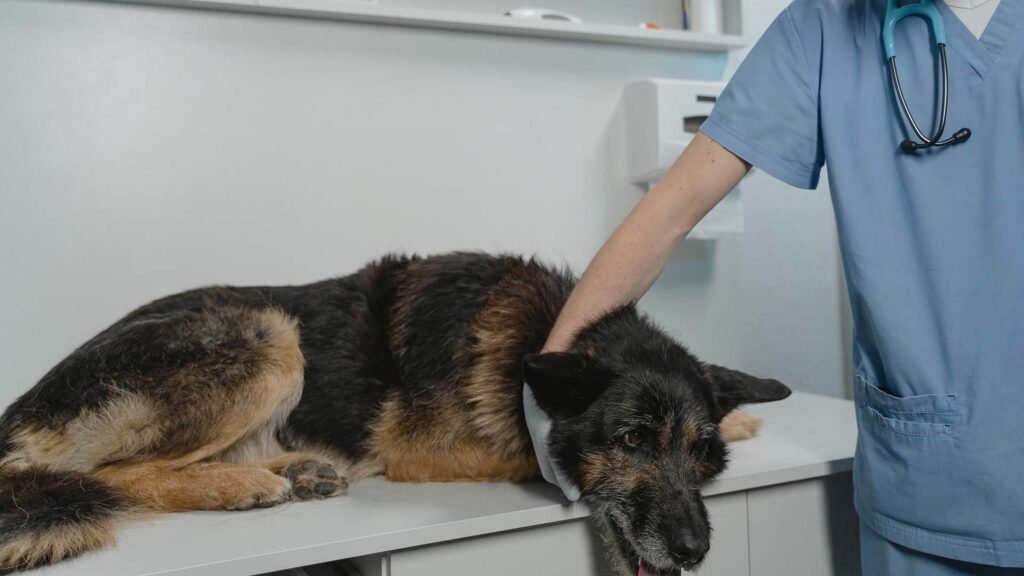
As we get older, our bodies start to change and we don’t function as well as we used to. The same is true for our furry friends, especially as they enter their golden years. Here are a few tips on how to properly care for a senior dog.
- Talk to your veterinarian about appropriate medications for your dog.
- Avoid giving medications that could cause harmful interactions with other prescriptions and over-the-counter medications.
- Keep track of which medicines are given with food and which can be given on an empty stomach.
- If you are unsure how long the medication should be given, ask your veterinarian to walk you through it.
- Keep your dog’s medications in a secure place. If you have young children in the house, keep prescriptions out of reach so that the medication is not accidentally ingested.
- Stay on top of your dog’s schedule.
- Discuss any changes with your veterinarian and make sure that he or she is aware of any issues relating to your pet’s health.
Making Your Home Senior Dog Friendly
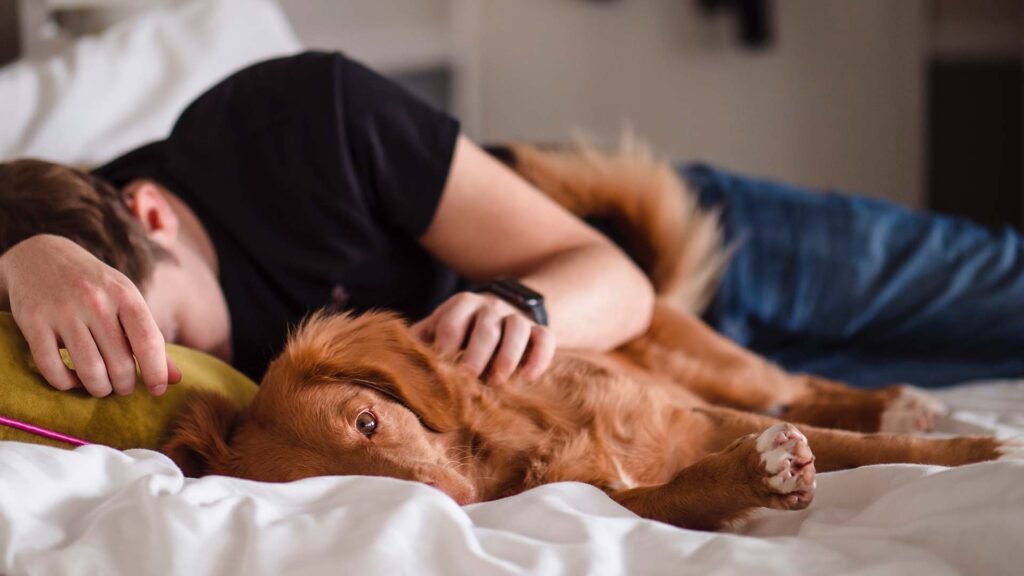
Since older dogs are a lot less energetic and healthy, it’s important to make your home as friendly to their needs as possible. Be mindful of this changes and adapt from there to ensure your dog lives a happy and healthy rest of his/her life.
First, your senior dog will likely need more potty breaks than when they were younger. Make sure you have a Doggy Door or easy access to the backyard so they can relieve themselves whenever they need to.
Second, their sleeping habits will change as well. They may sleep more during the day and less at night. A cozy bed in a quiet spot away from foot traffic will help them get the rest they need.
Finally, their diet will also require some changes as they get older. They may need softer food or even supplements to maintain their health. Consult with your veterinarian about the best diet for your senior dog.
In Conclusion,

Proper care for a senior dog includes maintaining their weight, feeding them a nutritious diet, providing them with adequate exercise, and paying attention to any changes in their behavior. With a little extra care, you can help your senior dog enjoy a long and happy life.

